Find Help
Quick links
Contact RCI



If you are in immediate danger, please contact the Gardaí on 999.
There is no right or wrong way to feel – you may be numb, or scared, or angry. These feelings may change over time. You may not be sure what happened, or whether it was consensual.
The information that we share here may be upsetting – please take your time looking through it and take a break when you need to.
You do not need to make any immediate decision about reporting what happened to the Gardaí.
You have a number of options if you need medical attention. One option is to see your GP. Another is to attend a Sexual Assault Treatment Unit (SATU).
Whether you ring straight away or a week later or many years later this is a support service provided by people who will listen and won’t judge you. You don’t need to explain what you’re feeling, or what happened.
There are also centres around the country which can be contacted by phone, email or by dropping in.
If possible, do not drink, eat, shower or go to the toilet before your SATU visit. Do not throw out or wash underwear or clothes that you were wearing at the time of the assault.
You can contact your local Rape Crisis Centre for support to help you decide whether to report the assault to the Gardaí. The trained support worker can explain what reporting involves, and what can happen afterwards. If you have concerns about reporting the assault because of an issue such as drug use, or immigration status, you can bring it up with the support worker.
They can also help you make appointments and accompany you through the process of reporting.
Remember: You do not need to make any immediate decision about reporting the assault to the Gardaí.
There are six Sexual Assault Treatment Units (SATUs) across the country where you can have a forensic examination and get health advice, without contacting the Gardaí. (NB if you prefer to visit your GP, they can also provide these services, including emergency contraception).
If possible, do not drink, eat, shower or go to the toilet before your SATU visit. Do not throw out or wash underwear or clothes that you were wearing at the time of the assault.
There are 17 Rape Crisis Centres around Ireland.
A Rape Crisis Centre (RCC) is a safe space for survivors of sexual violence, including rape, sexual assault, sexual harassment and childhood sexual abuse to work through trauma with specially trained counsellors and psychotherapists.
If English is not your first language, Dublin Rape Crisis Centre provides a Helpline Interpreting Service, which provides live interpreting over the phone in more than 240 languages.
Operating hours are:
Monday – Friday 8am to 6:30pm
Monday – Sunday from midnight (12am) to 8am
Click here for details of the Interpreting Service
For those who are deaf or hard of hearing, there is a text service available Monday to Friday from 8am to 6:30pm, at 086-8238443.
And lastly, if a webchat service is a better option for you, there is also a webchat service available.
Operating hours are:
Monday – Friday 10am to 5pm (excluding Bank Holidays)
It is also available from midnight to 3:00 on Tuesdays & Wednesdays.
You can ask for an interpretation service — the guards and hospitals have contracts with interpreters for provision of services.
Other services available include Bridge Interpreting and Sign Language Interpreting Services which provides emergency out of hours access to interpreters at 087 672 5179.
This service offers access to interpreters for Deaf people in medical or legal crises.
Chime, the National Charity for Deaf and Hard of Hearing people also offers a range of services from emotional support to practical advice and services.
Please see more on our page Help for under 18s
Yes. All rape crisis services provide services free of charge.
Rape Crisis Centres are funded by government but demand is always more than the funding will cover. Some centres welcome a donation from clients who can afford it.